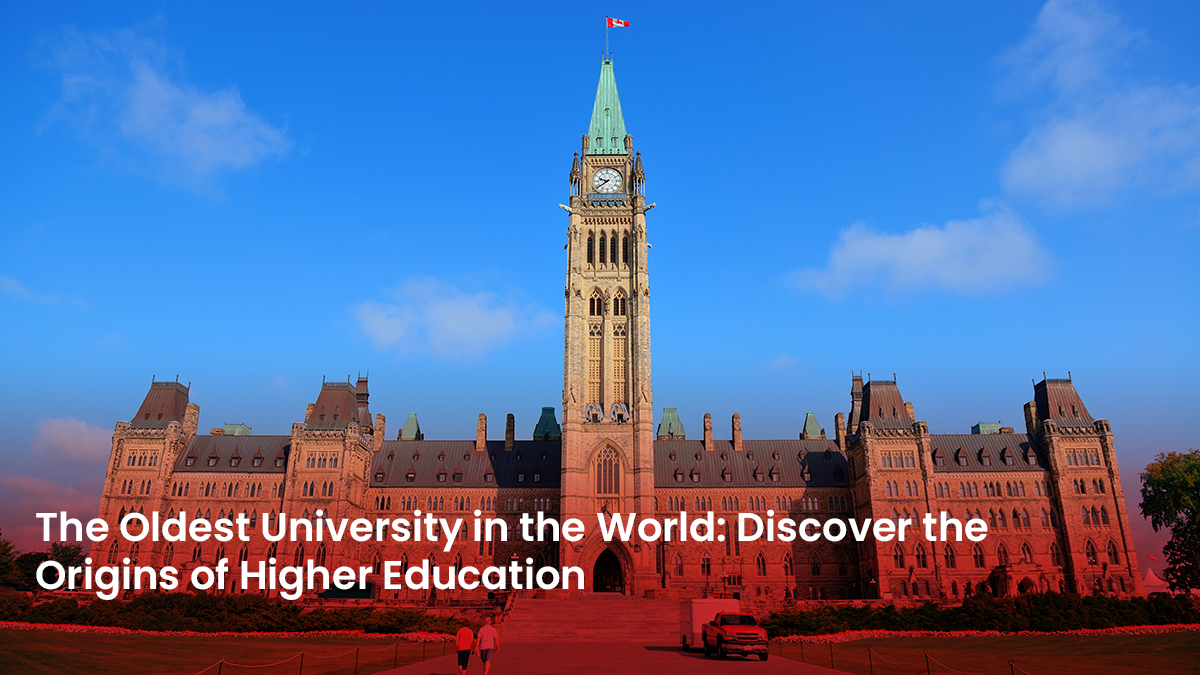Cue cards in the IELTS Speaking test are very important in evaluating the candidate’s fluency and coherence in speaking. The IELTS Speaking Part 2, commonly referred to as the cue card round, asks candidates to speak for 1-2 minutes on a specific topic.
Candidates are provided with one minute to prepare and jot down some points very quickly. To perform well in this section, one needs to practice frequently asked topics and the pattern of questions.
This blog by MSM Unify highlights the common cue cards in IELTS, along with tips and strategies to excel.
What are cue cards in IELTS?
Cues cards are the task cards for part 2 of the IELTS Speaking test. On cue cards, the candidate gets a topic with 3-4 points to talk about during the test. The candidates get 1 minute to think of what they would say and then have to speak for 1-2 minutes continuously looking at the card.
The topics one may speak on cover a very broad array, for example, personal experiences, memorable events, plans for the future, and opinions. This section measures the candidate’s ability to organize ideas cohesively and fluently in his or her speech through use of vocabulary.
Key points about IELTS cue cards
- Cue cards are used in Part 2 of the IELTS Speaking test to assess a candidate’s ability to speak fluently and coherently
- Each cue card provides a topic and three to four bullet points to guide the candidate’s response, ensuring a structured and well-rounded answer
- Candidates are given one minute to think and organize their thoughts before beginning their speech, which should last for 1-2 minutes without interruption
- Common cue card topics include describing a memorable event, a place you visited, a person who influenced you, or a favorite activity
- This section tests fluency, coherence, lexical resource, and grammatical range, making it essential to cover all points mentioned on the card effectively
- Practicing with different cue card topics can significantly enhance confidence, improve vocabulary usage, and strengthen the ability to express ideas clearly
- Developing structured responses using personal experiences or hypothetical scenarios can help candidates perform better in this part of the test
List of most common cue cards in IELTS
The IELTS Speaking test often includes cue cards that require candidates to describe personal experiences, opinions, or future aspirations. Some of the most common cue card topics include:
- The IELTS Speaking test frequently features cue cards that cover various personal experiences and opinions
- One common topic is describing a memorable event in your life, where you explain its impact and significance
- Candidates may also need to talk about a person who inspires them and discuss how that individual influenced their life
- Another popular cue card involves describing a favorite book or movie and explaining why it holds special meaning
- You might be asked to talk about a place you want to visit, discussing what attracts you to that destination
- Describing a skill you want to learn and explaining the reasons behind your interest is another frequent topic
- Candidates may also discuss a recent experience that taught them something valuable
- Talking about a situation where you helped someone and reflecting on the outcome is another commonly given cue card
Tips to answer common cue cards in IELTS
Answering cue cards effectively in the IELTS Speaking test requires strategy and preparation. Candidates are given 1 minute to prepare before speaking for 1-2 minutes on the topic provided. To give a well-structured and fluent response, understanding the task and using the right techniques is crucial. Here are some useful tips:
1. Understand the task
Carefully read the cue card and analyze the main points. Identify the keywords and think about how to expand on each one during your response.
2. Use preparation time wisely
Utilize the 1-minute preparation time to brainstorm ideas, plan a logical structure, and jot down relevant vocabulary to guide your response.
3. Structure your response
Begin with a brief introduction, expand on the main points using examples, and conclude naturally. A well-organized response helps maintain clarity.
4. Maintain fluency
Avoid long pauses and use connectors like “however,” “in addition,” or “for example” to ensure a smooth flow of ideas.
5. Incorporate relevant vocabulary
Using appropriate vocabulary related to the topic enhances the quality of your response and leaves a positive impression on the examiner.
How to improve answers for most common cue cards in IELTS
Improving answers for common cue cards in IELTS requires consistent practice and attention to detail. Candidates should focus on enhancing their fluency, vocabulary, and pronunciation while ensuring that their responses address all the points mentioned in the task. Here are some effective strategies to enhance performance:
1. Practice with real-time prompts
Use sample cue cards to practice speaking on different topics. Time your responses to get comfortable with the 1-2 minute speaking duration.
2. Record and analyze responses
Record your answers and listen to them carefully. Identify areas where you hesitate, make grammatical errors, or struggle with fluency, and work on improving these aspects.
3. Seek feedback
Participate in practice sessions with peers, mentors, or IELTS instructors to receive constructive feedback. Their insights can help refine your responses.
4. Expand vocabulary
Enrich your responses by using advanced vocabulary and appropriate synonyms. This not only enhances your answers but also boosts your lexical resource score.
5. Work on pronunciation
Clear and accurate pronunciation improves the overall impression. Pay attention to stress, intonation, and clarity to ensure your message is easily understood.
Also read: 30 IELTS Cue Card Topics With Their Answers
Conclusion
Mastering responses for the most common cue cards in IELTS requires consistent practice, structured answers, and improved vocabulary. By recording responses, seeking feedback, and enhancing pronunciation, candidates can increase their chances of achieving a higher IELTS band score.
Additionally, using relevant examples and maintaining fluency helps create a lasting impression. MSM Unify overseas education consultants provide expert guidance and resources to help IELTS candidates excel in their speaking tests.
With strategic preparation and support from MSM Unify, candidates can confidently handle any cue card topic and improve their overall IELTS performance.
FAQs
- How can I improve my answers for common cue cards in IELTS?
Enhance your responses by practicing frequently, recording yourself, and seeking feedback. Work on vocabulary, fluency, and pronunciation to present well-structured answers.
- What are the most common IELTS speaking cue cards?
Frequent topics include describing a memorable event, a person who inspires you, a favorite book, a place you want to visit, and a skill you want to learn.
- How much time do I get to prepare for IELTS cue cards?
Candidates are given 1 minute to prepare their thoughts and notes before speaking for 1-2 minutes on the given topic.
- Is it necessary to cover all the points in a cue card?
While it is advisable to cover all the points, the primary focus should be on delivering a fluent and coherent response.
- How can MSM Unify overseas education consultants assist in IELTS preparation?
MSM Unify overseas education consultants offer expert coaching, practice materials, and personalized feedback to help candidates enhance their IELTS speaking skills effectively.





























